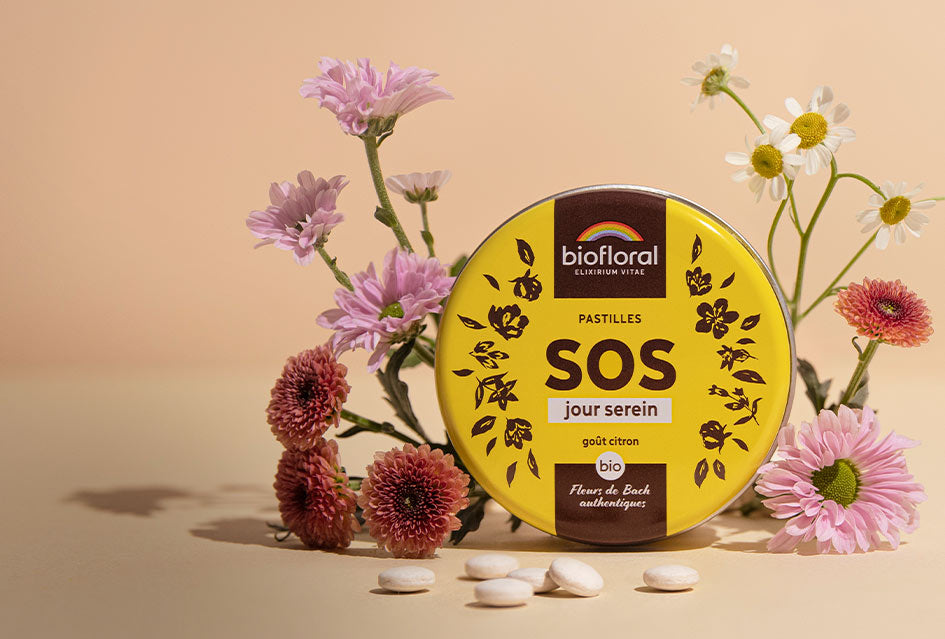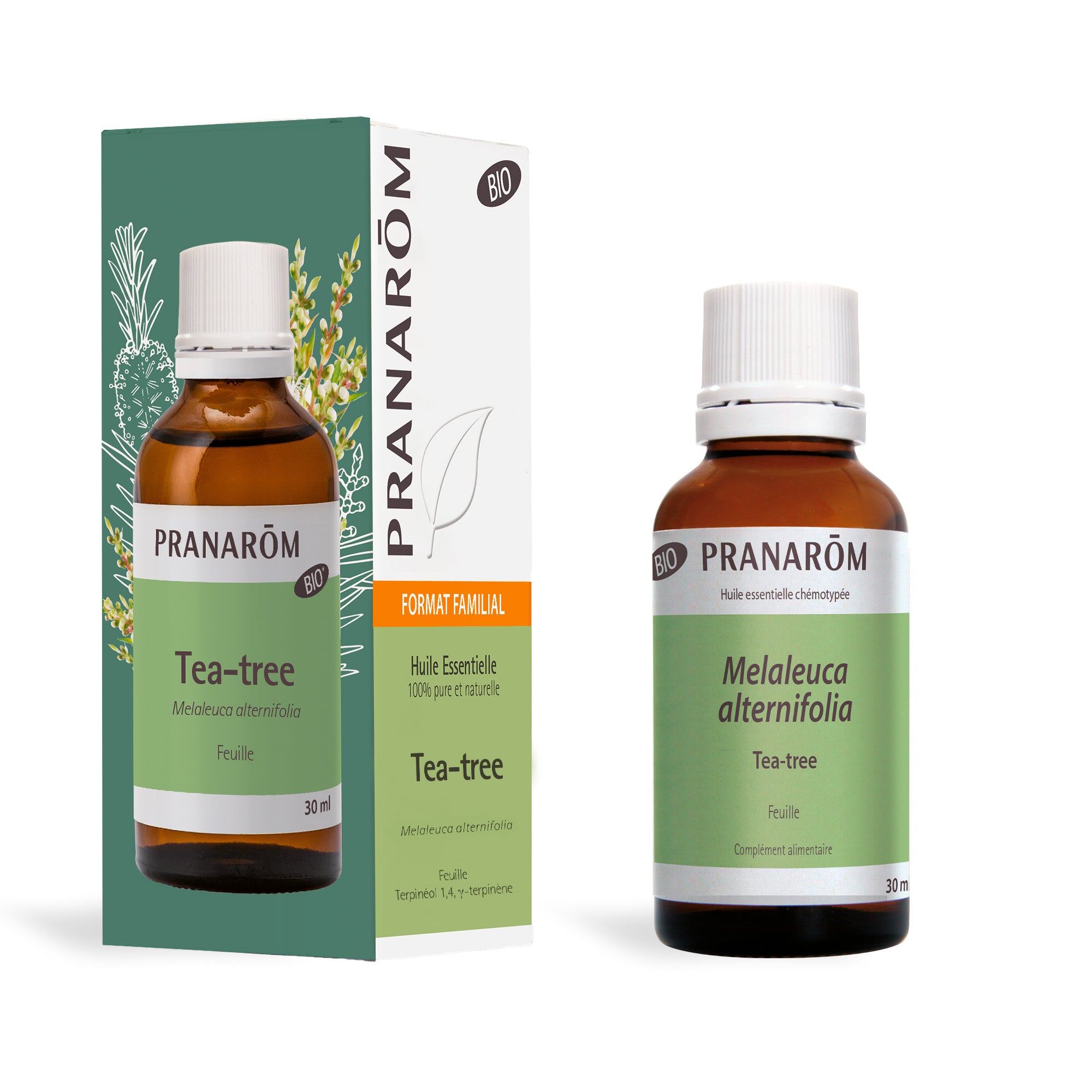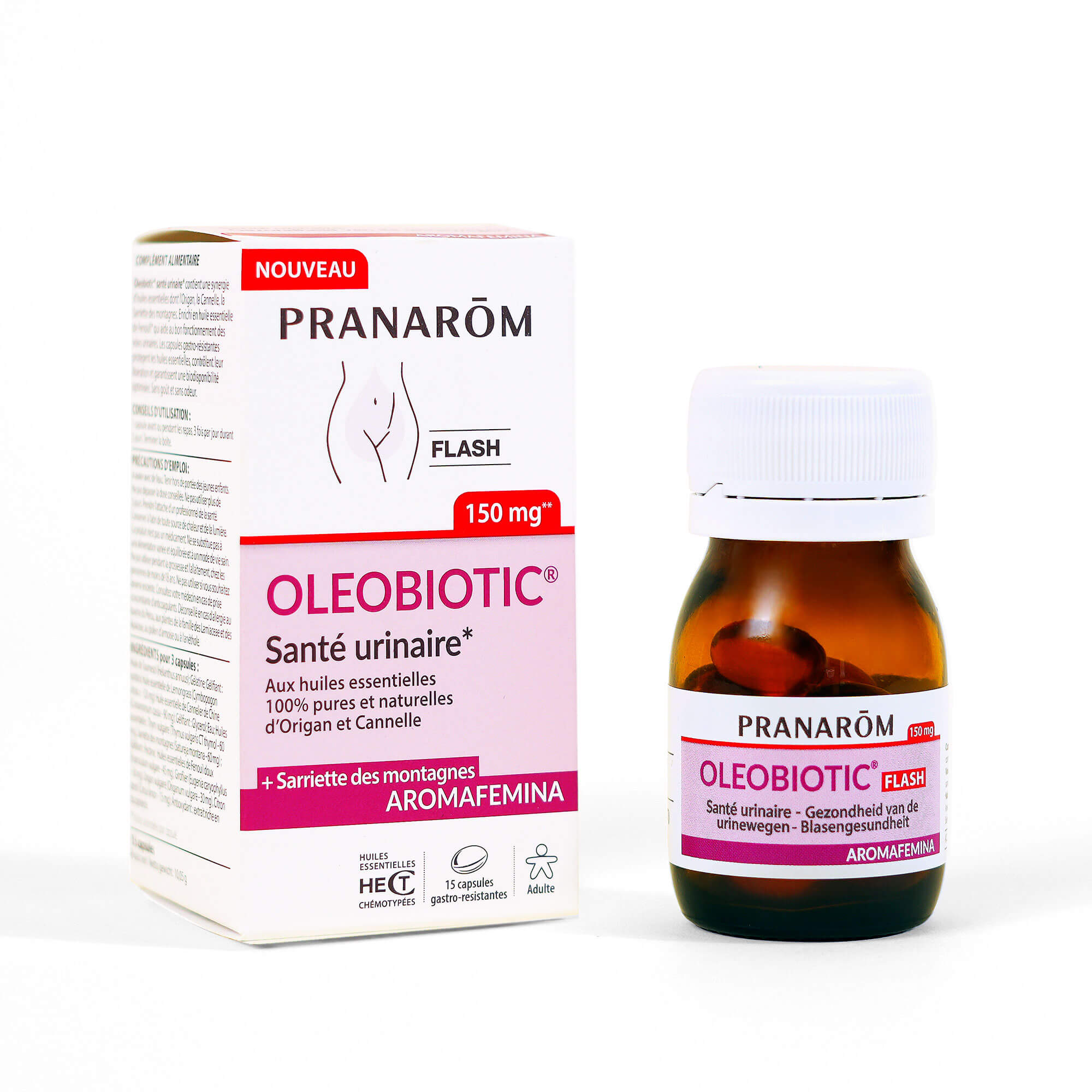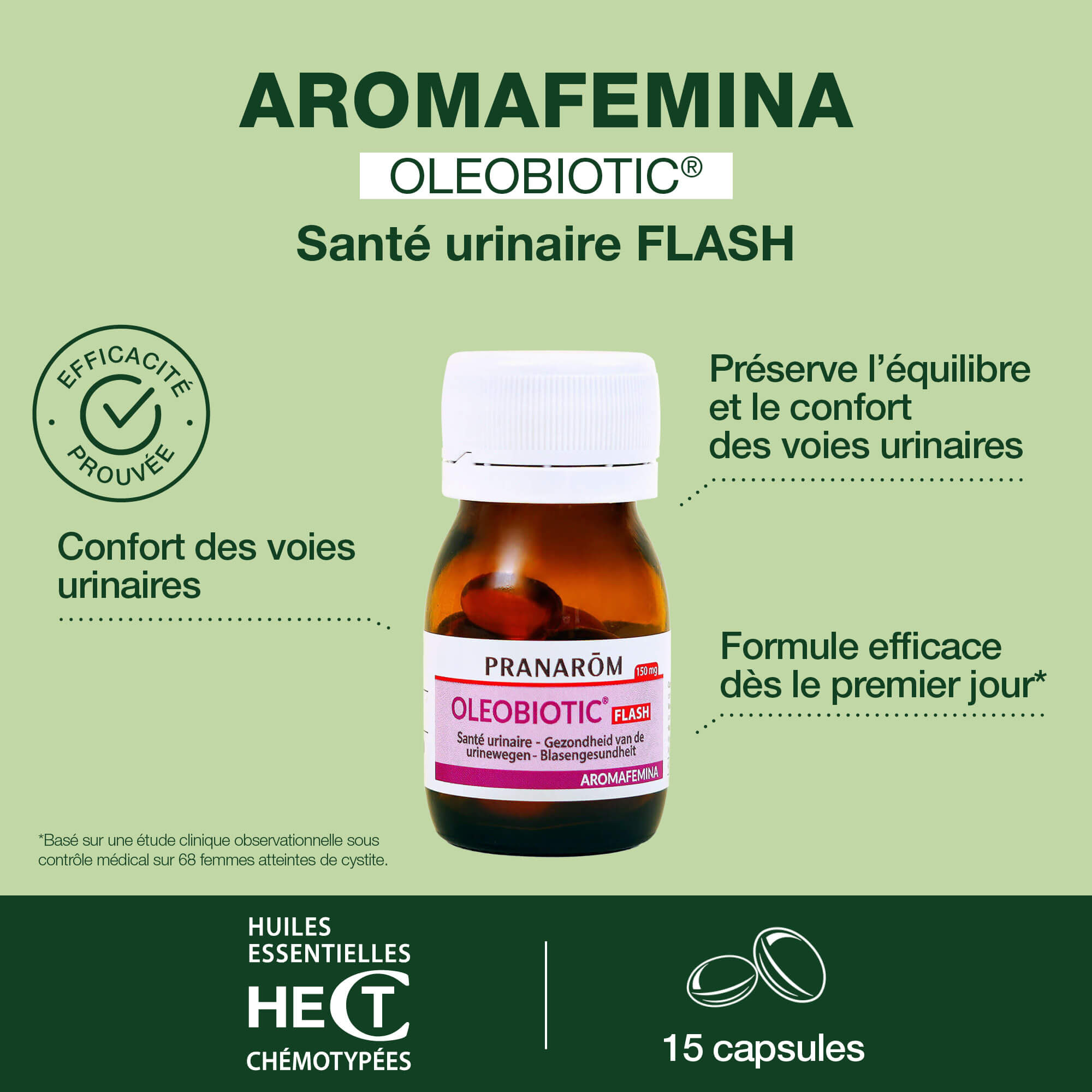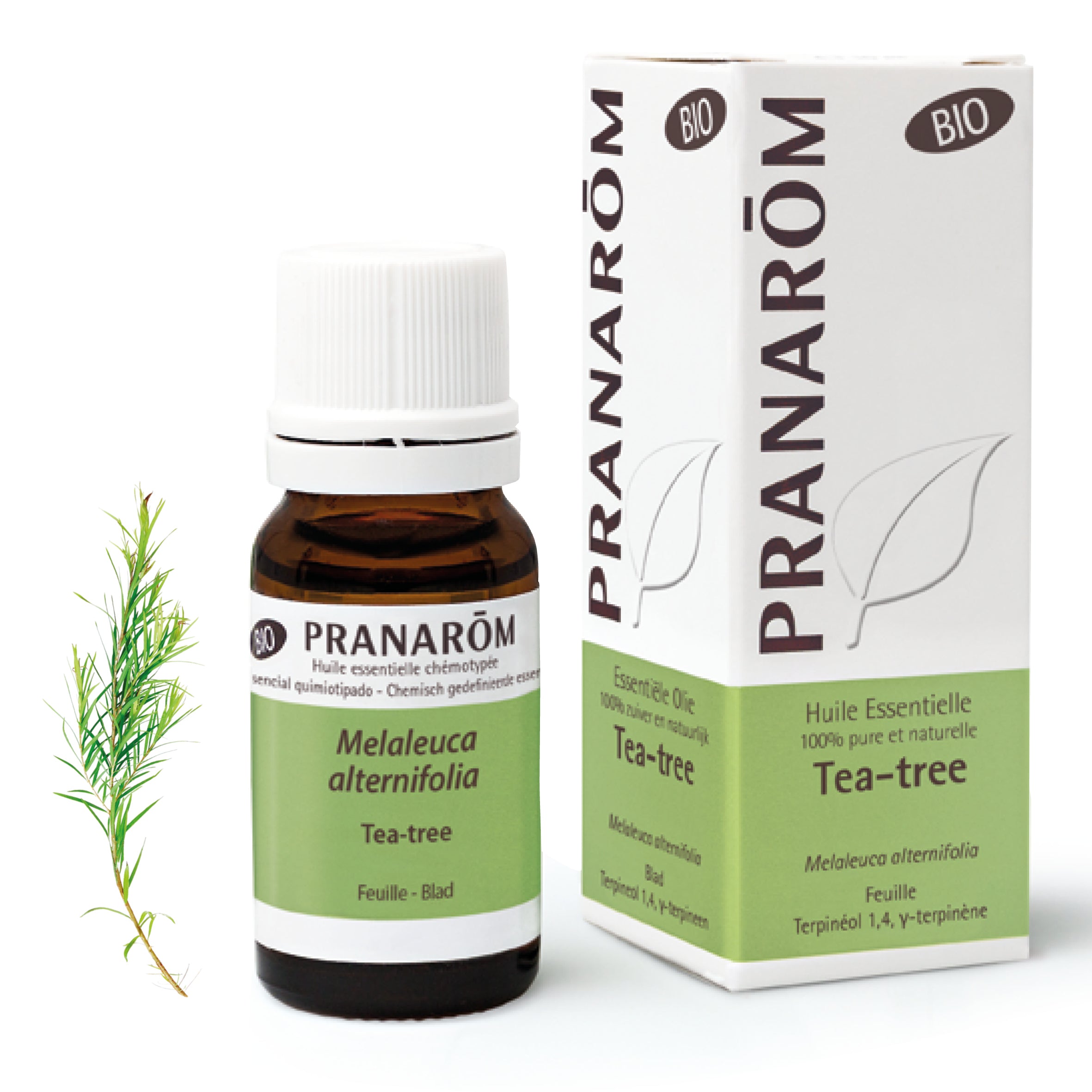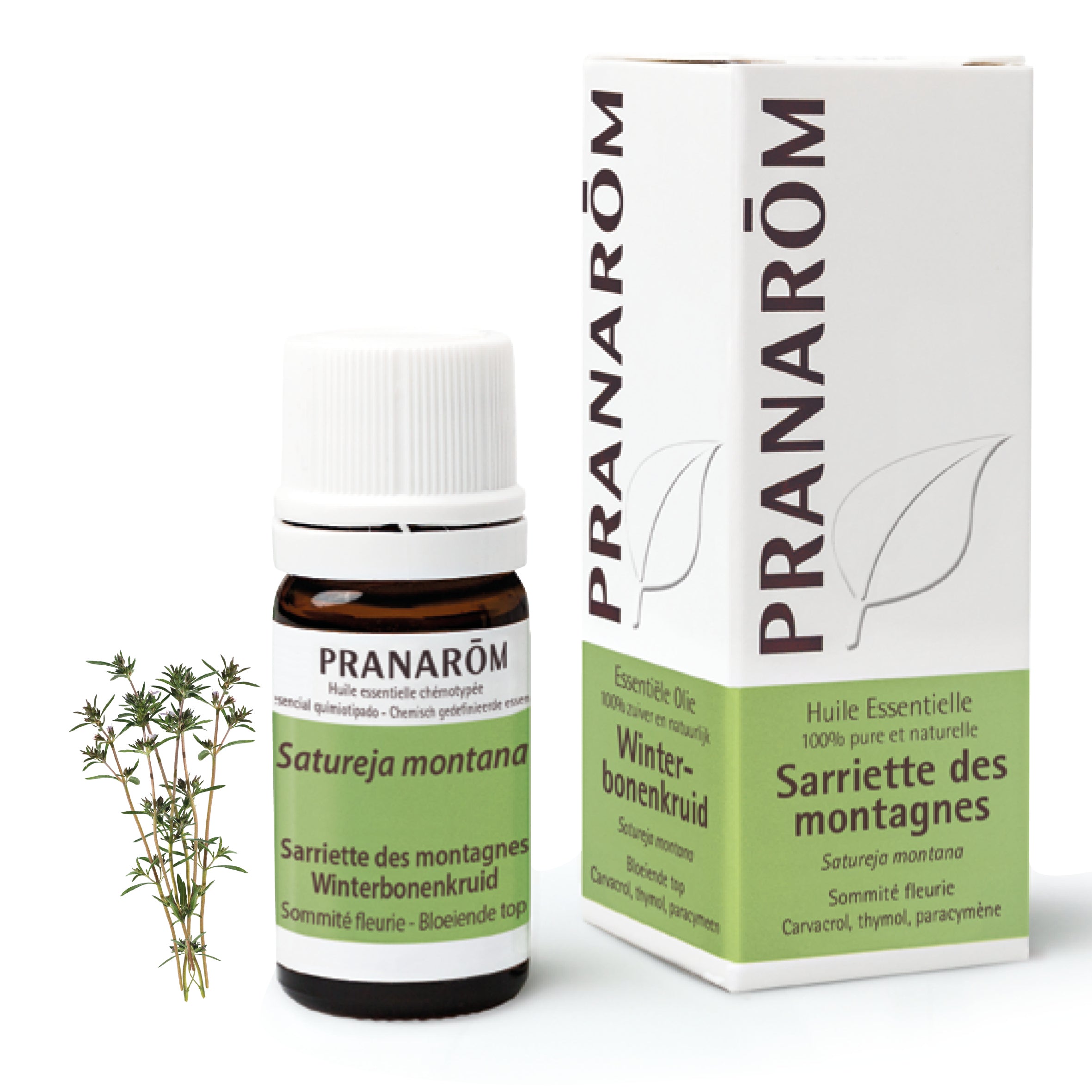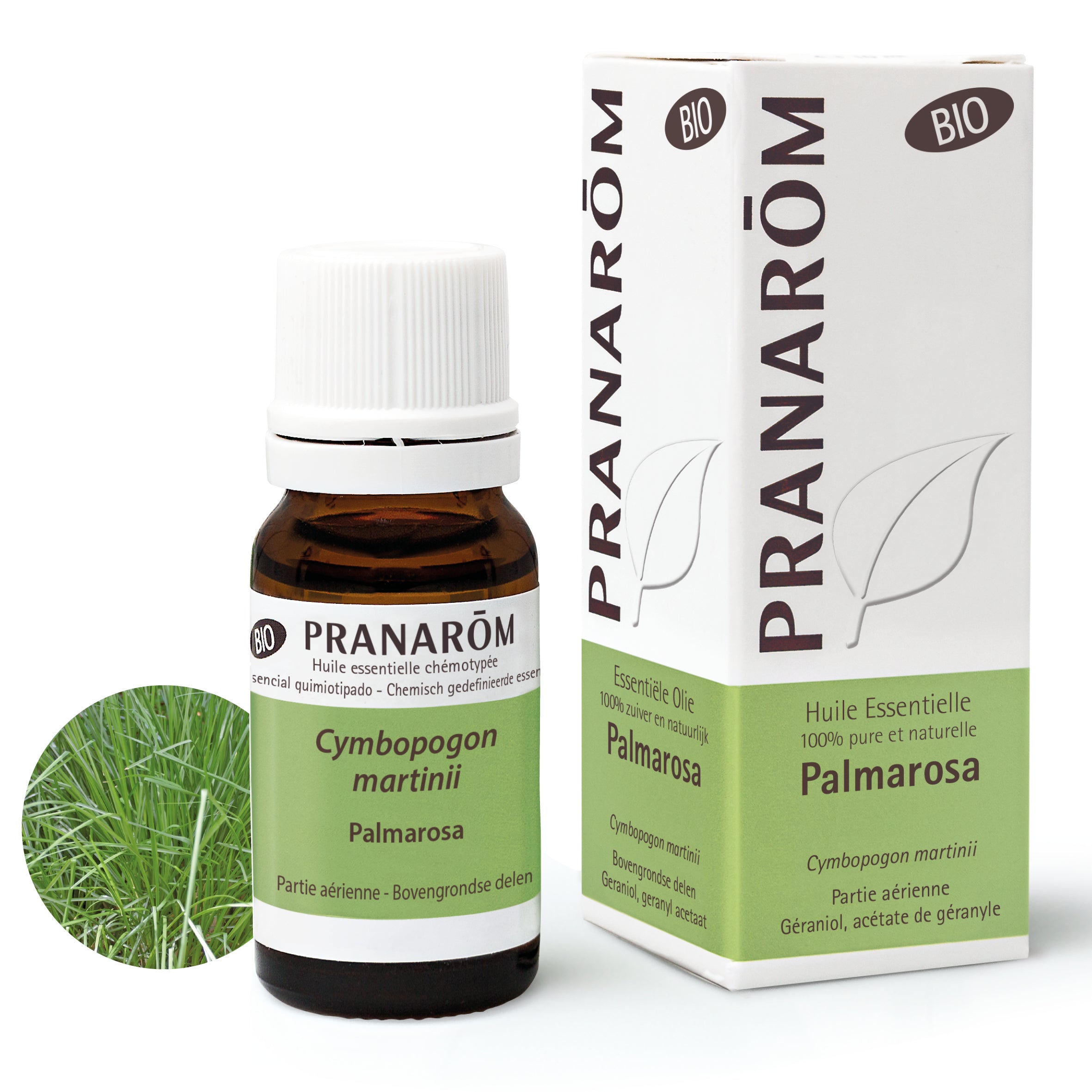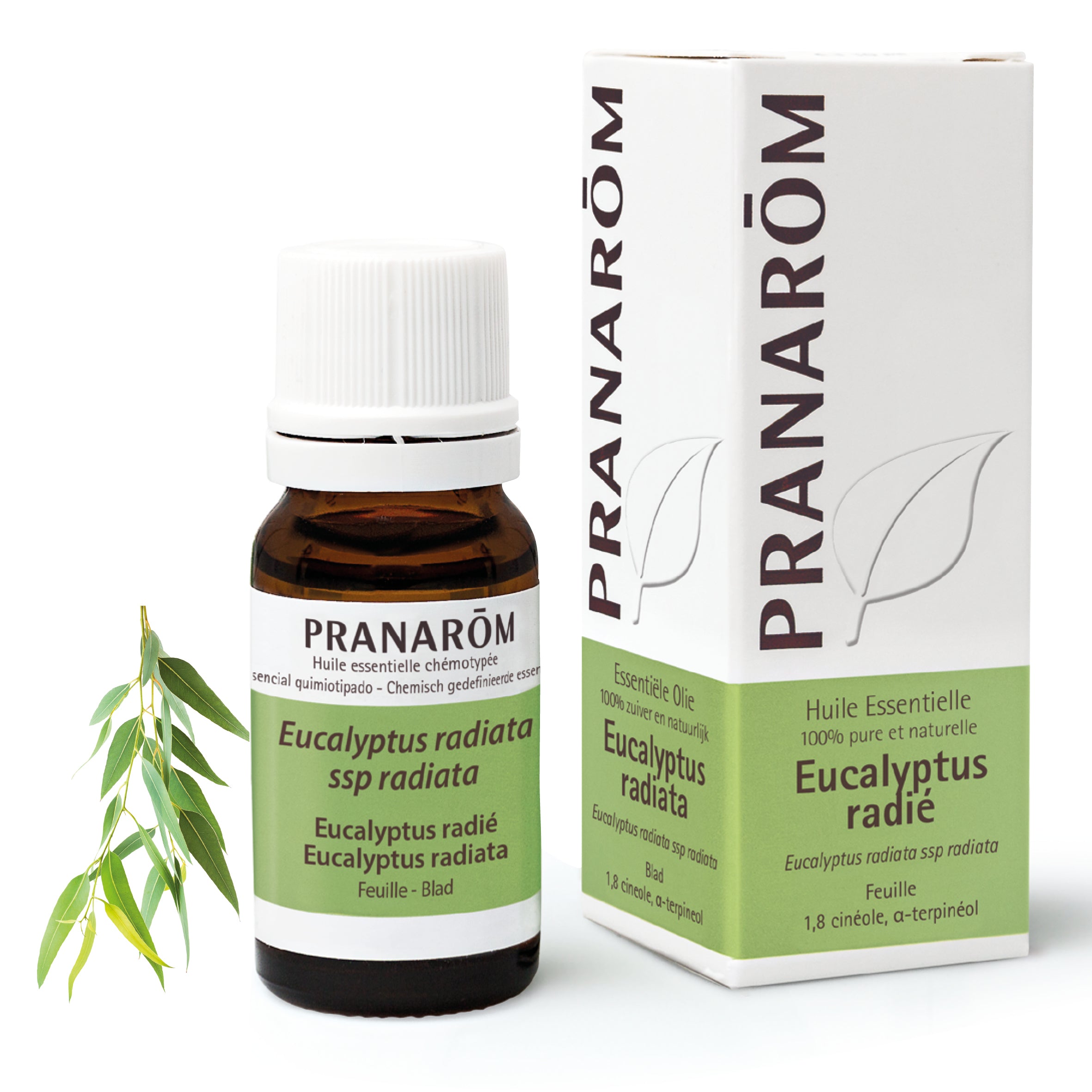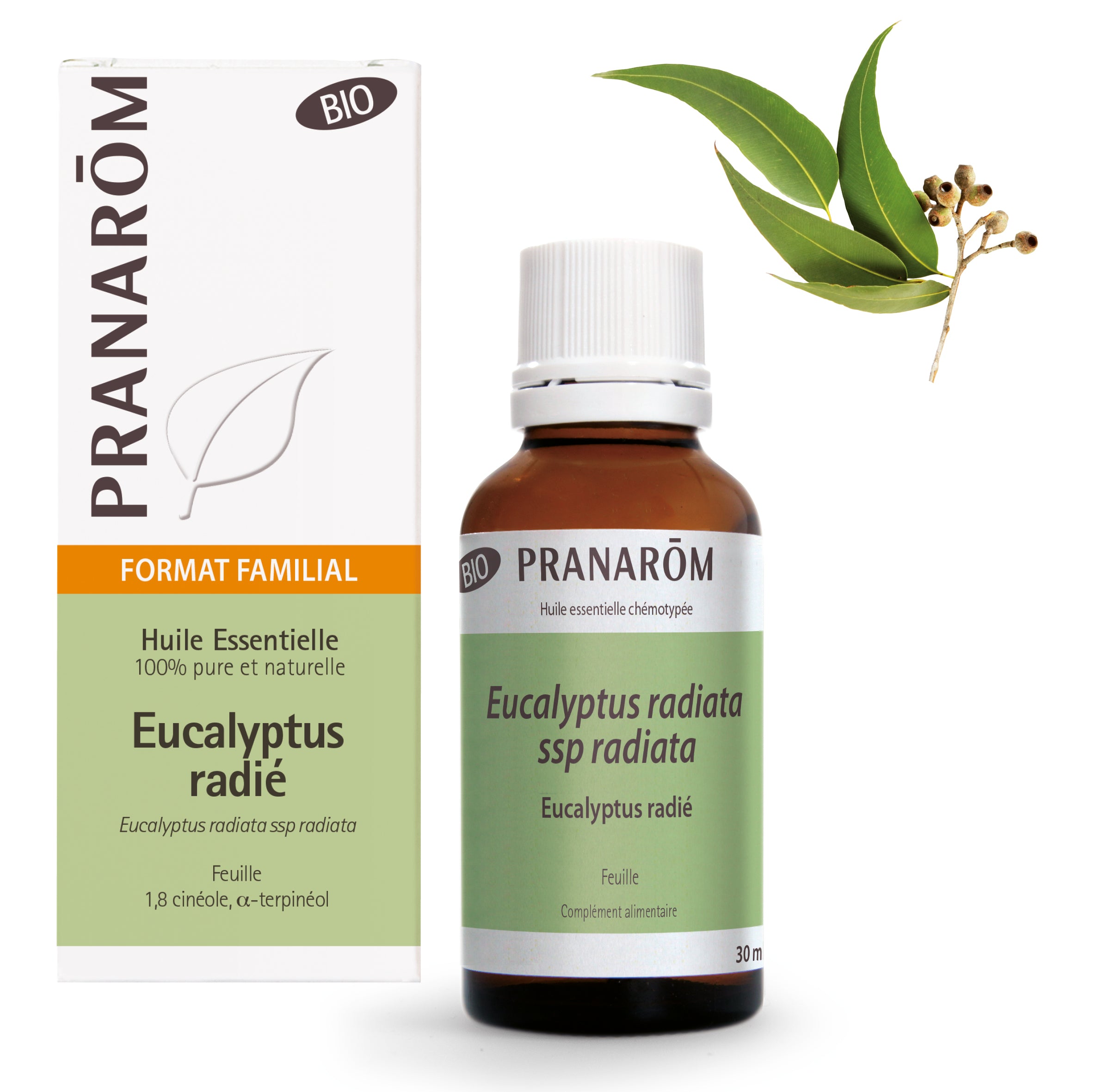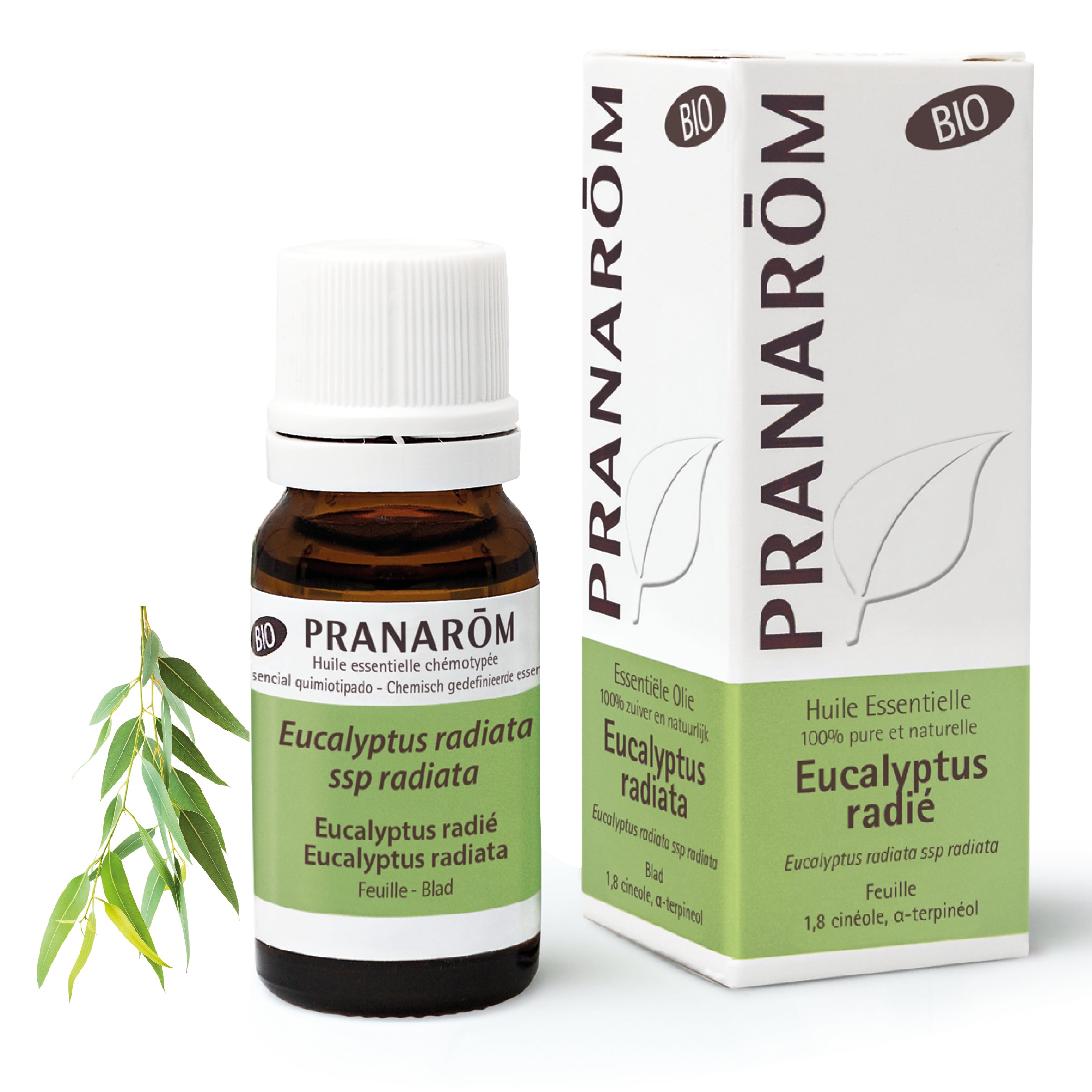Which essential oil for urinary tract infection?
Urinary tract infections , such as cystitis, are a common problem for many women, but also for some men. Characterized by inflammation of the bladder, they often manifest as pain, burning during urination and a frequent urge to urinate. Essential oils (especially those with antibacterial and antiseptic properties ) can play a role in soothing symptoms and maintaining optimal urinary comfort. Which essential oil for a urinary tract infection? We explain.
Reminder: what is a urinary tract infection?
A urinary tract infection occurs when bacteria (mainly Escherichia coli ) enter the urethra and reach the bladder, causing inflammation. This can lead to symptoms such as burning when urinating, lower abdominal pain, frequent urge to urinate, and cloudy or foul-smelling urine.
If not treated promptly, the infection can spread to the kidneys and cause more serious complications . While antibiotics are commonly prescribed to treat these infections, using essential oils like Tea Tree can support urinary comfort in a natural and complementary way.
Which essential oil for urinary tract infection?
Tea Tree Essential Oil
Tea Tree essential oil , also known as tea tree, is one of the most versatile and essential oils when it comes to natural skincare. Known for its powerful antibacterial and antifungal properties , it can be particularly helpful in managing urinary tract infections, such as cystitis. Thanks to its active compounds, it is effective in fighting the bacteria that cause urinary tract infections.
Directions: Dilute 2 to 3 drops of Tea Tree essential oil in a teaspoon of vegetable oil (such as sweet almond oil or coconut oil). Apply this mixture in circular massage on the lower abdomen, just above the bladder, 2 times a day. To maximize the effects, this solution can be applied for a few days.
Mountain Savory Essential Oil
Mountain savory essential oil is known for its particularly powerful antibacterial properties. It is often recommended to fight against bacterial infections (especially those caused by E. coli), a leading cause of urinary tract infections such as cystitis. Thanks to its active compounds, this essential oil can play a crucial role in eliminating bacteria while providing rapid comfort to people suffering from urinary tract infections.
Usage: Savory oil can be used internally, but under the advice of a healthcare professional. It is very powerful and should be handled with care. For internal use, mix 1 drop of savory essential oil in a teaspoon of honey or vegetable oil and take this mixture up to 3 times a day, for a limited period.
Palmarosa essential oil
Palmarosa is widely used for its antibacterial, antifungal, and anti-inflammatory properties . It is ideal for helping to maintain a healthy balance of urinary flora while relieving the uncomfortable symptoms of an infection. In addition to its antibacterial effects, palmarosa helps to soothe inflammation related to UTIs, making it an excellent choice for regular use in a skincare routine.
Use: For a soothing massage, dilute a few drops of palmarosa essential oil in a vegetable oil and apply to the lower abdomen. Massage gently to promote relaxation and help relieve pain related to the infection. For a comprehensive treatment, add a few drops of palmarosa to your warm bath, taking care to dilute the oil in a neutral bath base (such as a little natural shower gel or Epsom salts).
Eucalyptus Radiata Essential Oil
Eucalyptus radiata is well known for its purifying and anti-inflammatory properties , often appreciated for respiratory conditions. However, its decongestant and soothing effects can also support urinary health, particularly when it comes to relieving inflammation and burning sensations associated with a urinary tract infection. Eucalyptus radiata, thanks to its natural components, helps to purify the affected area and promote a faster return to normal.
Use: To benefit from its benefits, dilute 2 to 3 drops of eucalyptus radiata essential oil in a vegetable oil of your choice. Apply this mixture with a gentle massage to the lower abdomen, focusing on the bladder area. This massage can be repeated several times a day to optimize comfort. You can also diffuse a few drops of eucalyptus radiata in the air to benefit from its purifying effects.
How to use essential oils to optimize their effectiveness?
Dilution in vegetable oil
Essential oils should always be diluted in a carrier oil before any skin application. Oils such as coconut oil, sweet almond oil or jojoba oil are excellent options for diluting essential oils . This prevents skin irritation while facilitating their penetration into the skin.
Abdominal massage
Abdominal massage is an effective method to promote the absorption of essential oils and target the affected area. Apply the diluted oils to the lower abdomen and gently massage in circular motions for a few minutes. This helps to soothe pain and maintain urinary comfort.
Essential oil bath
An essential oil bath can be a truly relaxing experience while helping to relieve symptoms of urinary tract infections. Add a few drops of essential oils, such as Tea Tree or Palmarosa, to a bath base (such as a neutral shower gel or Epsom salts) and soak in the water for about 15 minutes.
Urinary comfort: combining essential oils with healthy lifestyle habits
Pranarôm offers a range of natural products, including high-quality essential oils, which can support urinary comfort . Tea Tree, savory and palmarosa essential oils are available in pure form or combined in synergies specifically designed to maintain good urinary health.
But in addition to using essential oils, it is essential to adopt good habits to prevent urinary tract infections and optimize urinary comfort on a daily basis. Here are some recommendations:
- Hydration : One of the best ways to prevent UTIs is to stay hydrated. Drinking enough water helps dilute urine and flush out bacteria in the bladder. If you have cystitis, it is recommended to drink 1.5 to 2 liters of water per day.
- Appropriate intimate hygiene : use gentle, non-aggressive products for intimate hygiene. Avoid perfumed soaps and opt for natural-based products that respect the urinary and vaginal flora.
- Urinate regularly: Do not hold back the urge to urinate, as this can promote the proliferation of bacteria in the bladder. It is also advisable to urinate after sexual intercourse to eliminate any bacteria present in the urethra.
- Comfortable clothing : Wear loose clothing made from natural fibers, such as cotton, to allow the skin to breathe and avoid irritation that can promote urinary tract infections.
Also discover our urinary comfort collection , which includes products specially formulated to naturally support urinary comfort and prevent discomfort linked to infections. The combination of essential oils and plant bases makes it possible to offer gentle and effective solutions.






